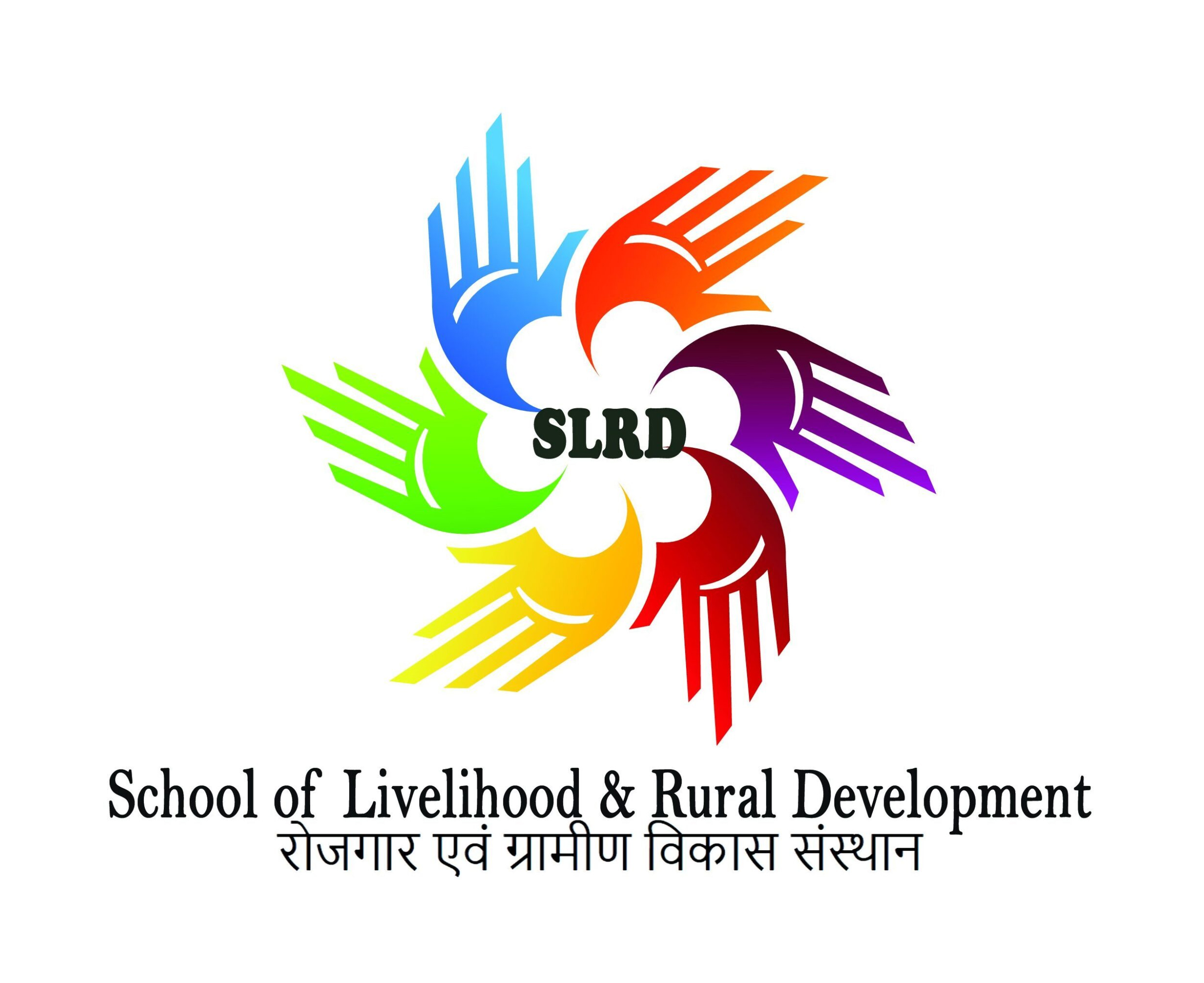SLRD Mission Vistaar is a comprehensive initiative aimed at providing robust support to Farmer Producer Organisations (FPOs) across the agricultural landscape. FPOs play a pivotal role in empowering farmers, enhancing their bargaining power, and fostering socio-economic development in rural areas. However, they often face challenges related to capacity building, access to markets, technology adoption, and financial sustainability. SLRD Mission Vistaar addresses these challenges through targeted interventions and strategic partnerships.
Objectives of SLRD Mission Vistaar
Capacity Building
Enhance the managerial, technical, and entrepreneurial skills of FPO members through training programs, workshops, and mentoring sessions. This will enable them to efficiently manage their operations, implement best practices, and make informed decisions.
Market Linkages
Facilitate direct linkages between FPOs and markets by establishing market platforms, organizing buyer-seller meets, and leveraging digital technologies. This will enable FPOs to access better prices for their produce, reduce dependency on middlemen, and expand their market reach.
Technology Adoption
Promote the adoption of innovative agricultural technologies and practices among FPOs to improve productivity, reduce post-harvest losses, and enhance the quality of produce. This includes providing access to mechanization, precision farming techniques, and value-added processing solutions.
Climate Change Adaptation
Climate change poses significant challenges to agriculture, affecting farmers’ livelihoods, food security, and overall well-being. SLRD Mission Vistaar will play a crucial role in supporting Farmer Producer Organisations (FPOs), in climate change adaptation efforts.
Water Management
Help farmers implement efficient water management practices, such as drip irrigation, rainwater harvesting, and the construction of small-scale water storage facilities. These measures will help farmers cope with water scarcity and erratic rainfall patterns.
Weather Information and Early Warning Systems
Facilitate access to weather information and early warning systems for farmers. Timely information about weather forecasts, climate trends, and potential extreme events can help farmers make informed decisions about crop management and disaster preparedness.
Promotion of Agroecology
Advocate for agroecological approaches that promote biodiversity, soil health, and resilience to climate change. Encourage the use of organic farming practices, integrated pest management, and the preservation of natural habitats within agricultural landscapes.
Financial Support and Risk Management
Facilitate access to financial services and risk management mechanisms for farmers. This can include crop insurance, savings and credit schemes, and access to microfinance institutions to help farmers cope with climate-related losses and invest in adaptation measures.
Market Diversification and Value Addition
Assist farmers in diversifying their markets and adding value to their agricultural products. This will include promoting local markets, facilitating access to fair trade and organic certification, and supporting the development of value-added products to increase farmers’ resilience to market fluctuations and climate-related risks.
Community-based Adaptation
Encourage community-based approaches to climate change adaptation, including participatory decision-making processes and the sharing of indigenous knowledge and traditional practices for coping with climate variability.
Financial Inclusion
Facilitate access to credit, insurance, and other financial services for FPOs through tie-ups with banks, financial institutions, and government schemes. This will strengthen their financial resilience, enable them to invest in infrastructure and equipment, and mitigate risks associated with farming.
Policy Advocacy
Advocate for conducive policy reforms at the national and state levels to create an enabling environment for FPOs. This includes addressing regulatory bottlenecks, streamlining government schemes, and incentivizing private sector investments in the agricultural value chain.
Implementation Strategy
Needs Assessment
Conduct comprehensive assessments to identify the specific needs and challenges faced by FPOs in different regions.
Customized Interventions
Tailor interventions based on the unique requirements of each FPO, taking into account factors such as crop type, geographical location, market dynamics, and socio-economic context.
Partnership Development
Forge strategic partnerships with government agencies, research institutions, non-profit organizations, corporate entities, and development agencies to leverage resources, expertise, and networks.
Monitoring and Evaluation
Establish robust monitoring and evaluation mechanisms to track the progress of Mission Vistaar initiatives, measure impact, and make course corrections as needed.
Knowledge Sharing
Facilitate knowledge sharing and peer learning among FPOs through platforms such as workshops, study tours, and online forums.
Targeted Outcomes
- Empowerment of FPOs to become self-reliant, competitive, and sustainable enterprises.
- Improvement in farmers’ income and livelihoods through better market access and value realization.
- Enhanced resilience of FPOs to withstand shocks and uncertainties in the agricultural sector.
- Strengthening of rural economies and reduction in migration to urban areas.
- Contribution to national goals of doubling farmers’ income and achieving sustainable agricultural development.
SLRD Mission Vistaar represents a concerted effort to unleash the full potential of Farmer Producer Organisations as drivers of agricultural transformation and rural development. By addressing the key challenges facing FPOs and empowering them with the necessary tools, knowledge, and resources, Mission Vistaar aims to create a more inclusive, equitable, and prosperous agricultural ecosystem.
